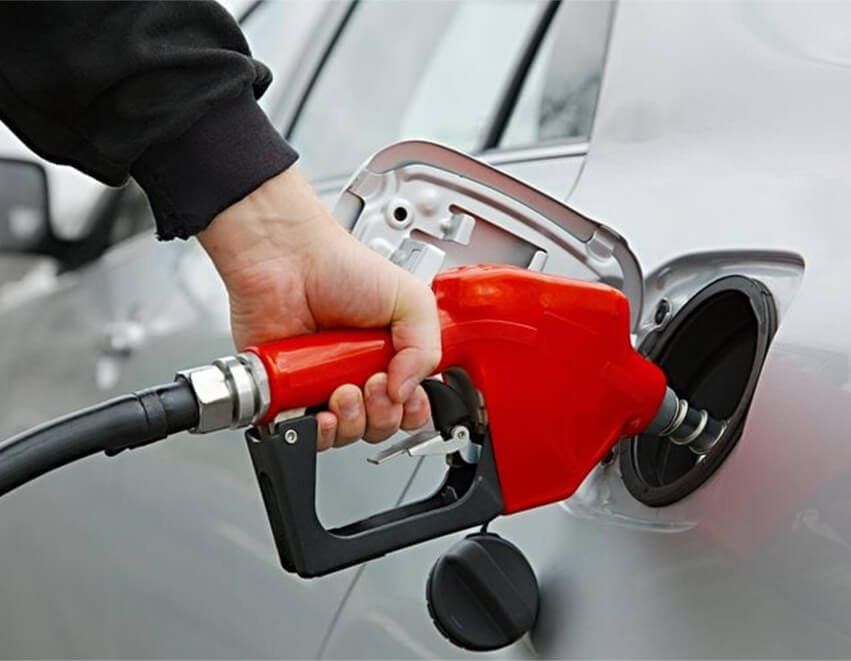Fuel flow meters help monitor and manage the consumption of fuel in different applications. They are designed to provide accurate measurements of fuel flow rates, allowing businesses to optimize fuel usage and improve efficiency. However, one factor that can impact the performance of fuel flow meters is temperature. Let’s explore the relationship between temperature and […]
Fuel flow meters help monitor and manage the consumption of fuel in different applications. They are designed to provide accurate measurements of fuel flow rates, allowing businesses to optimize fuel usage and improve efficiency.
However, one factor that can impact the performance of fuel flow meters is temperature.
Let’s explore the relationship between temperature and fuel flow meter operation, as well as the importance of proper calibration in ensuring accurate measurements.
Temperature can significantly influence the accuracy and reliability of fuel flow meters. The viscosity of fuel is highly dependent on temperature—as temperature changes, so does the viscosity of the fuel.
Viscosity is a measure of a fluid’s resistance to flow, and it directly affects the flow characteristics within the meter. In simple terms, as the temperature of the fuel changes, the flow behavior can be altered, potentially leading to inaccuracies in the measurements provided by the flow meter.
To elaborate, when the temperature decreases, the fuel becomes more viscous, which can result in higher resistance within the fuel flow meter. This increased resistance may cause the meter to underreport the actual flow rate, leading to inaccurate measurements.
On the other hand, elevated temperatures can reduce fuel viscosity, potentially causing the meter to overestimate the flow rate.
Therefore, understanding and accounting for temperature variations is critical for maintaining the precision of fuel flow measurements.
To mitigate the impact of temperature on fuel flow meters, regular calibration is essential. Calibration is the process of adjusting and verifying the accuracy of a measurement device to ensure it provides reliable and precise readings.
In the case of fuel flow meters, calibration takes into account various factors, including temperature, to compensate for any potential deviations from the expected performance.
During calibration, technicians compare the actual output of the fuel flow meter to a reference standard, making necessary adjustments to align the meter with the correct measurements. This process is crucial in minimizing errors caused by temperature fluctuations and ensuring that the meter delivers accurate readings across a range of operating conditions.
Temperature can indeed affect the performance of fuel flow meters by influencing the viscosity of the fuel, subsequently impacting flow behavior and measurement accuracy.
To maintain the reliability of these devices, regular calibration is essential.
For more helpful tips or if you want to browse for quality fuel flow meters, visit our website or get in touch with us.




